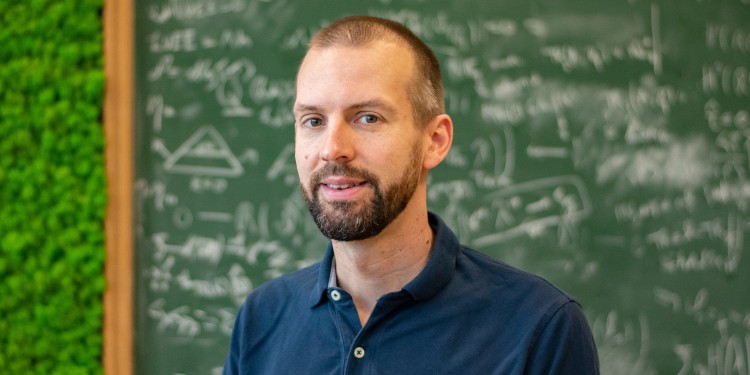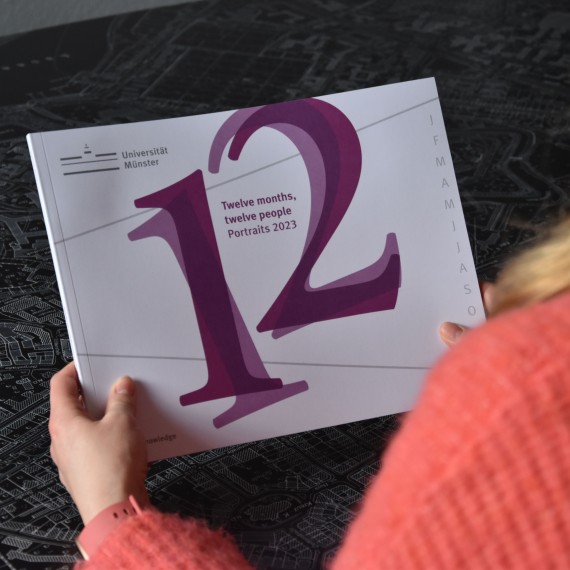

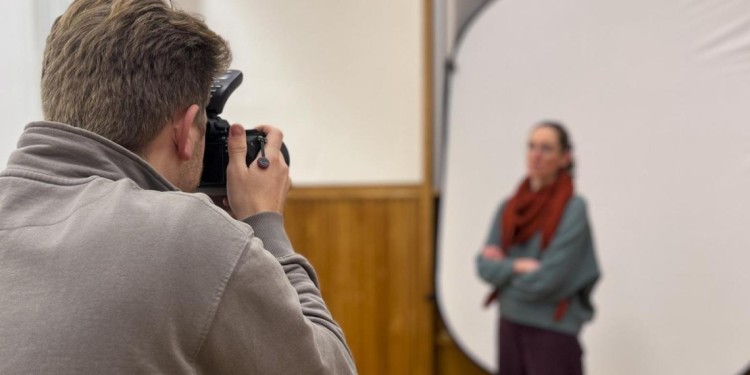
All appointed professors at a glance

Statement: A call for strengthening democratic values and the rule of law
Events

Microbiologist Bodo Philipp on the adaptability of micro-organisms
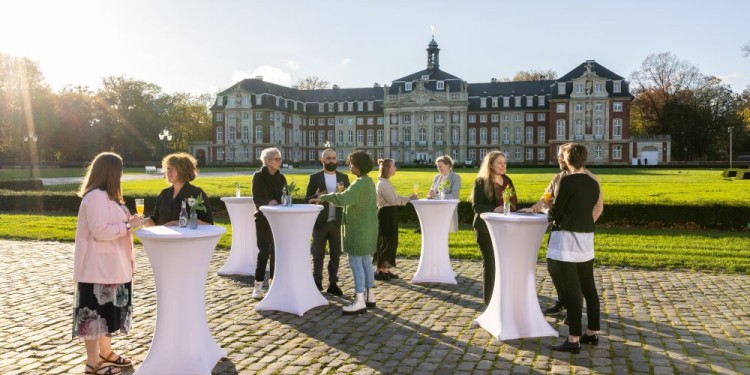
Inaugural event of the CERes

Mental health impaired internationally following the outbreak of war in Ukraine
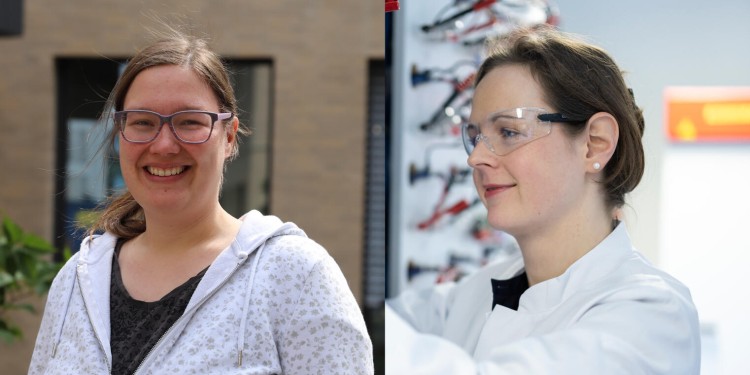
Interview: Female Role Models as Inspiration
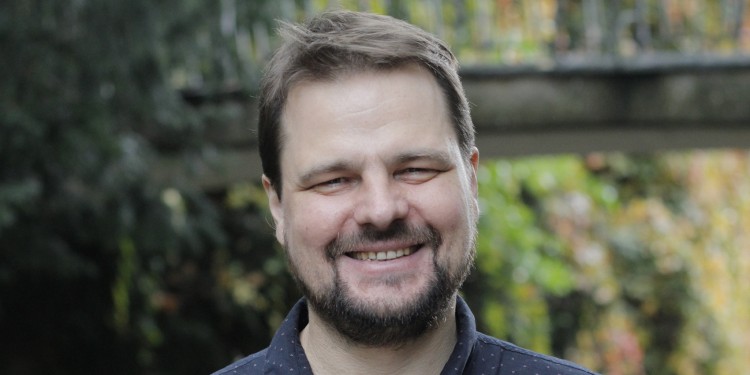
“Debates on restrictions are old”
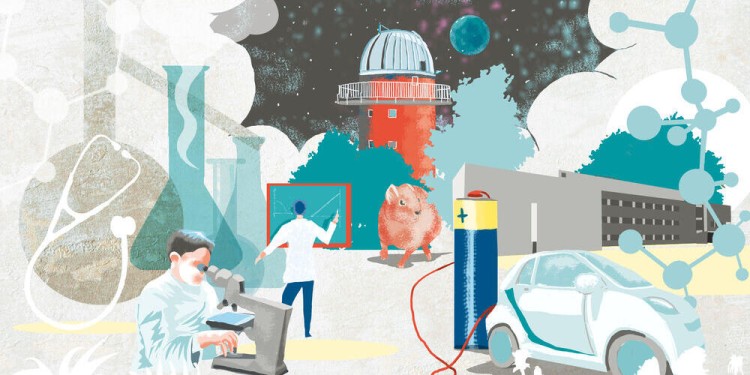
Excellence Strategy: Two clusters submit proposals
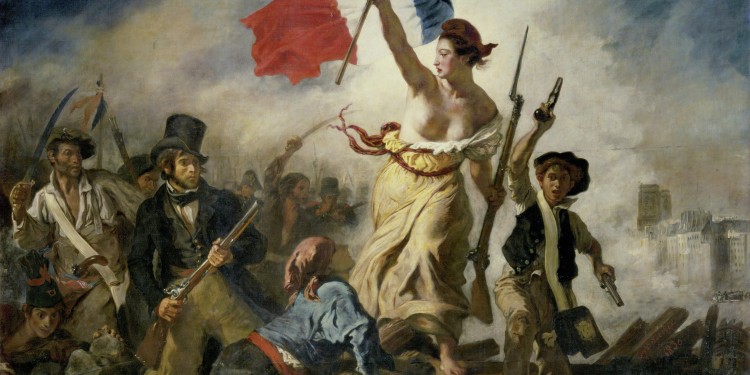
Unfreedom too has its advantages

International Science Team Intensifies Research on Lithium-Sulfur Batteries
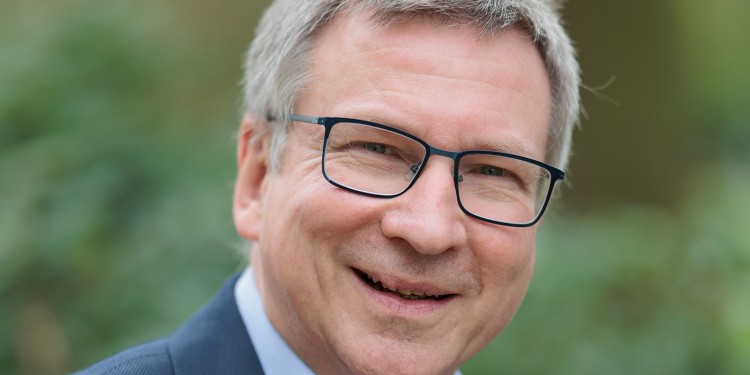
Portrait of astroparticle physicist Christian Weinheimer
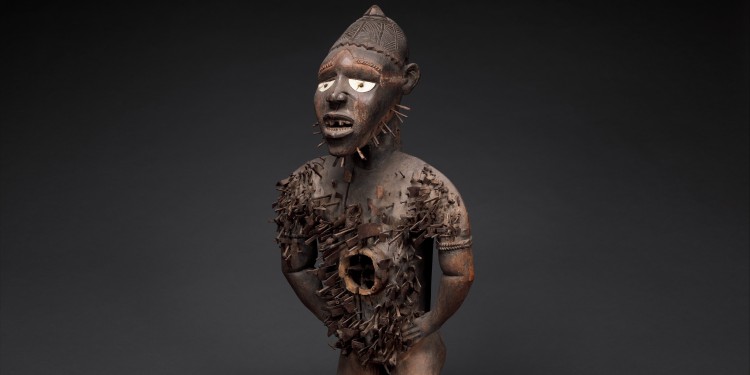
Interview on colonial provenance research
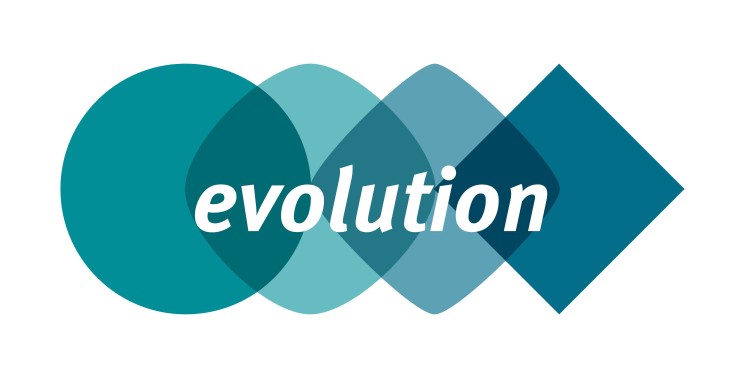
Evolution

Research into evolution: four questions, four viewpoints
Your search did not match any of our news releases.
Suggestions:
- Make sure that all words are spelled correctly.
- Try different keywords.
- Try more general filters.
- Expand the period of time.

